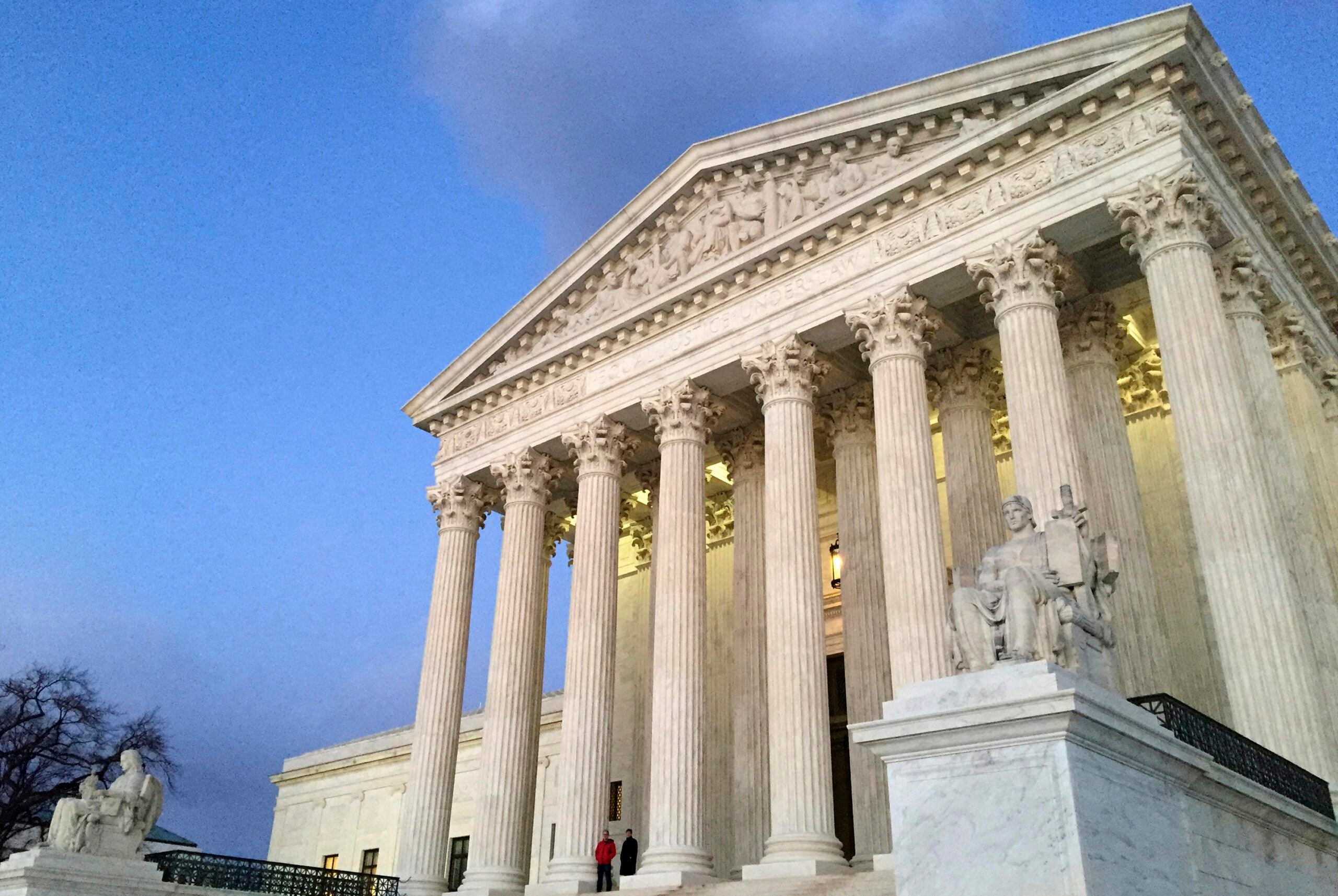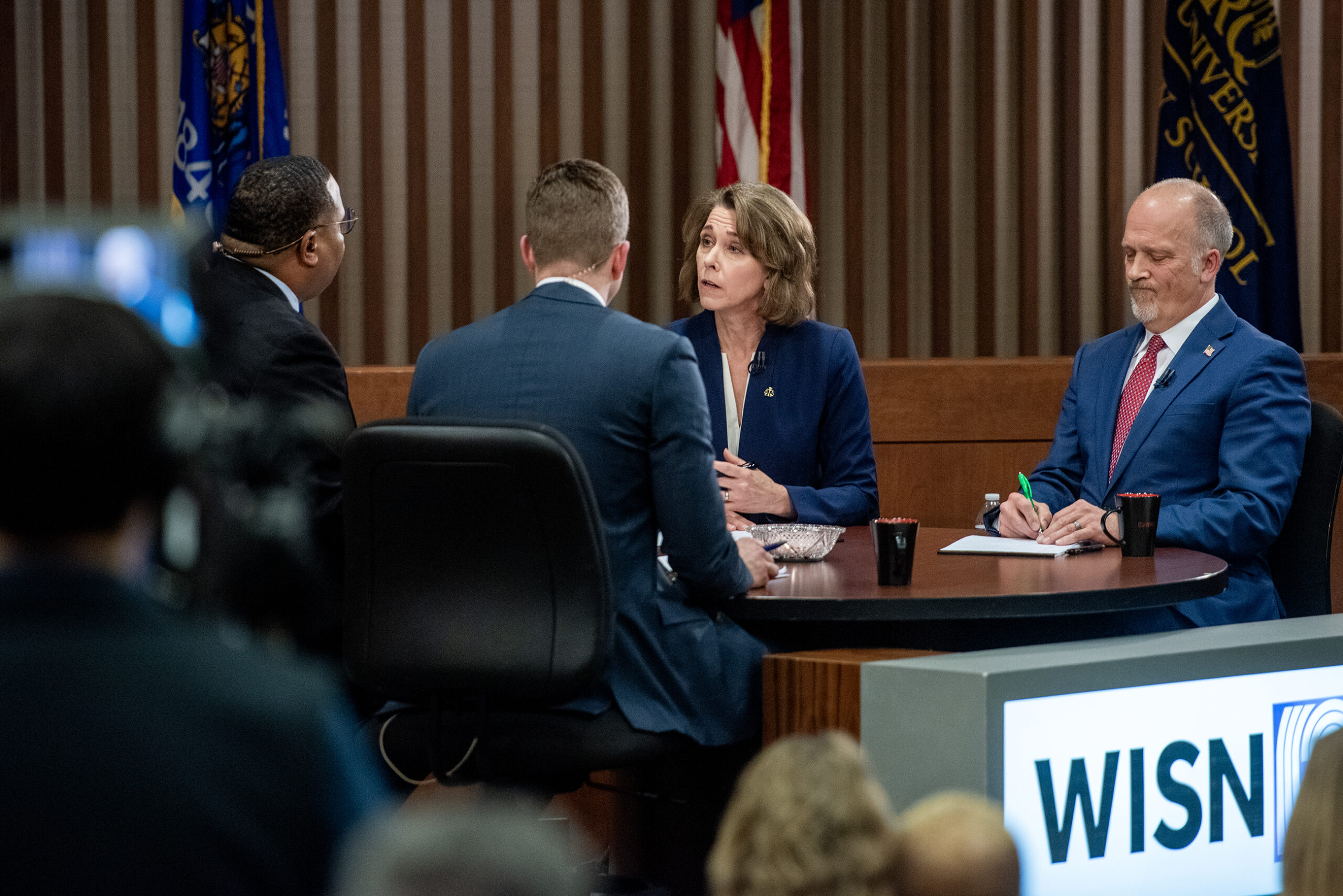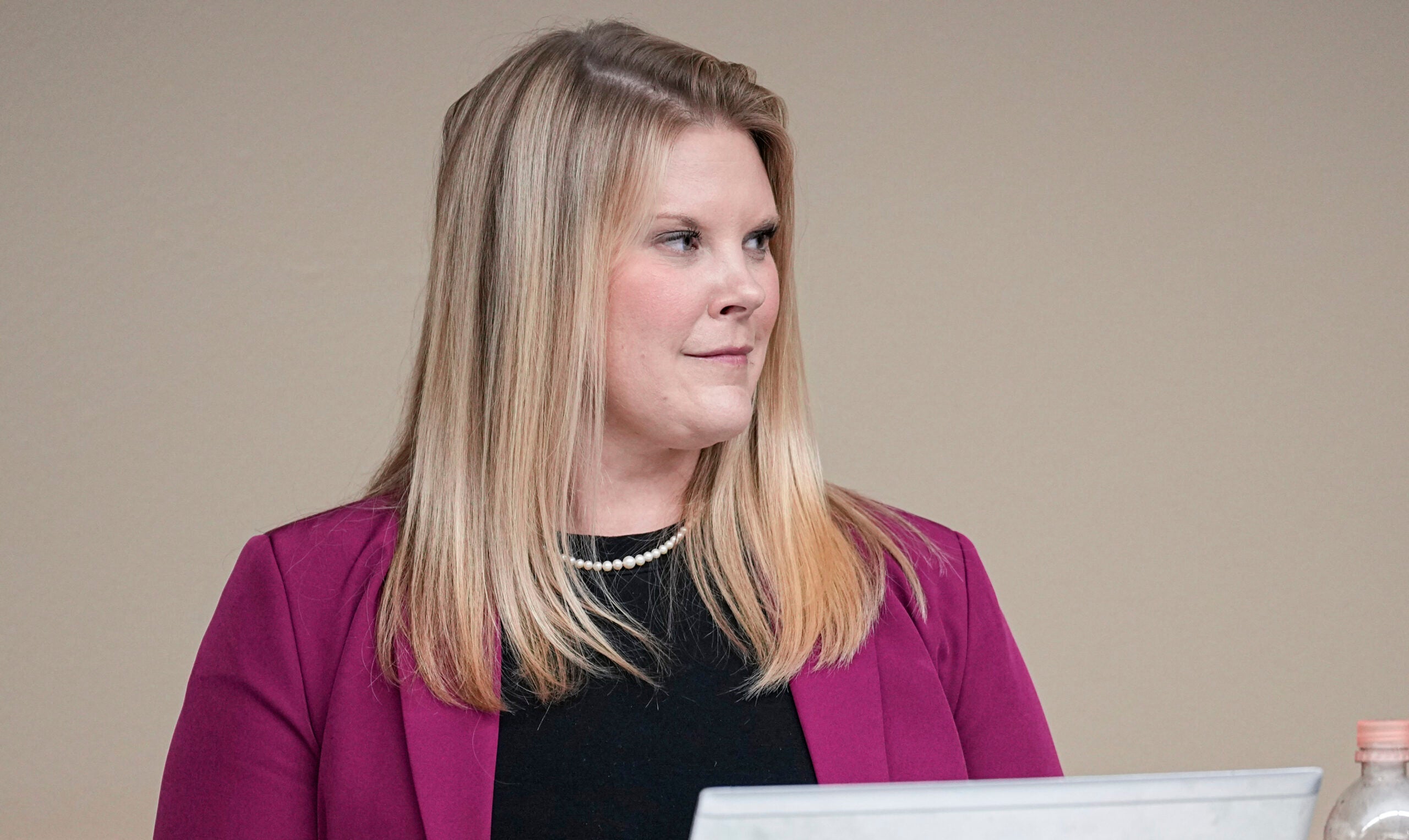A Wisconsin school district recently created a Naturalist in Residence position to make outdoor learning a bigger part of the curriculum. The current naturalist in residence talks about how learning about the outdoors helps kids in and out of the classroom. We also hear how listening to music can make someone more empathetic, and a deadlocked US Supreme Court could affect significant Wisconsin court cases.
Featured in this Show
-
With An Even Number Of Justices, U.S. Supreme Court Has Some Options To Avoid Deadlock
While the current vacancy on the U.S. Supreme Court has been in the news due to the standoff between President Barack Obama and the U.S. Senate, what hasn’t been discussed nearly as much is the impact of the remaining eight justices. As the ultimate arbiters of constituional law, their ability to fulfill their responsibilities can be seriously hampered by the threat of 4-4 decisions among the justices.
Ryan Owens, a professor of political science at University of Wisconsin-Madison and an honorary fellow at the Institute for Legal Studies, said when the court is at its usual state of nine sitting justices, the judges try hard to avoid a situation where there is a chance of a deadlock.
“The court really does not like 4-4 splits. Justices do whatever they can in many instances to avoid having to recuse themselves from cases precisely for this reason. A 4-4 split leaves the law unclear at times. And frankly, when justices have to spend a lot of time on a case to wind up just affirming by a tied vote seems like a waste of time for them,” Owens said.
There are some options open to the Supreme Court that could help them avoid standoffs. Owens said that one possibility is to deny review of a case that would possibly come before the court in the near future. This would apply to cases that would normally be likely to be taken up, but the court decides to hold off on adding it to the docket for the moment.
The situation is more complicated for cases that have already been granted a hearing in front of the high court. One option is to dismiss the case under the grounds of having been “improvidently granted,” which Owens explained as the justices saying that they shouldn’t have accepted the case in the first place.
Owens said that another alternative would be to hold a case over for reargument, which means pushing it forward to the next term of the Supreme Court. The reasoning for that option would be that the court should be fully staffed by then.
If a case is heard and the justices seem to be lining up for a 4-4 split, there’s the possibility that they would try to find agreement on specific aspects of the case in order to issue at least a partial decision instead of allowing the split to stand for the entire ruling. He said that the justices have been using this tactic in the last few weeks for that reason.
In the case of an unavoidable 4-4 split on the court, the lower court’s decision stands. But Owens said that it isn’t the same as a lower court decision being upheld.
“But let’s be clear about it. So, when the court affirms, by an equally divided vote, it certainly affirms the lower court’s decision, but it’s not precedentially binding. Which is to say, it’s not as though the court is sort of adopting the lower court’s decision and setting that as national precedent. It just says ‘We’re not doing anything to that lower court’s decision,’” Owens said.
-
Wisconsin Cases And A Divided US Supreme Court
The White House and the Senate are at an impasse on filling Justice Antonin Scalia’s seat on the US Supreme Court. We look at Wisconsin cases that could end up in front of a deadlocked high court.
-
The West Bend School District and the Riveredge Nature Center have partnered to create a Naturalist in Residence program in order to create outdoor learning opportunities for students. Our guest explains the importance of this program and the benefits of combining school with nature.
-
Your Musical Tastes Can Demonstrate How Empathetic, Logical You Are
New research out of Cambridge University shows your musical preferences can say a lot about your personality. On Central Time, we speak with one of the researchers leading the study.
Episode Credits
- Rob Ferrett Host
- Veronica Rueckert Host
- Judith Siers-Poisson Producer
- Matt Oleson Producer
- J. Carlisle Larsen Producer
- Ryan Owens Guest
- Megan Johnson Guest
- David M Greenberg Guest
Wisconsin Public Radio, © Copyright 2025, Board of Regents of the University of Wisconsin System and Wisconsin Educational Communications Board.



